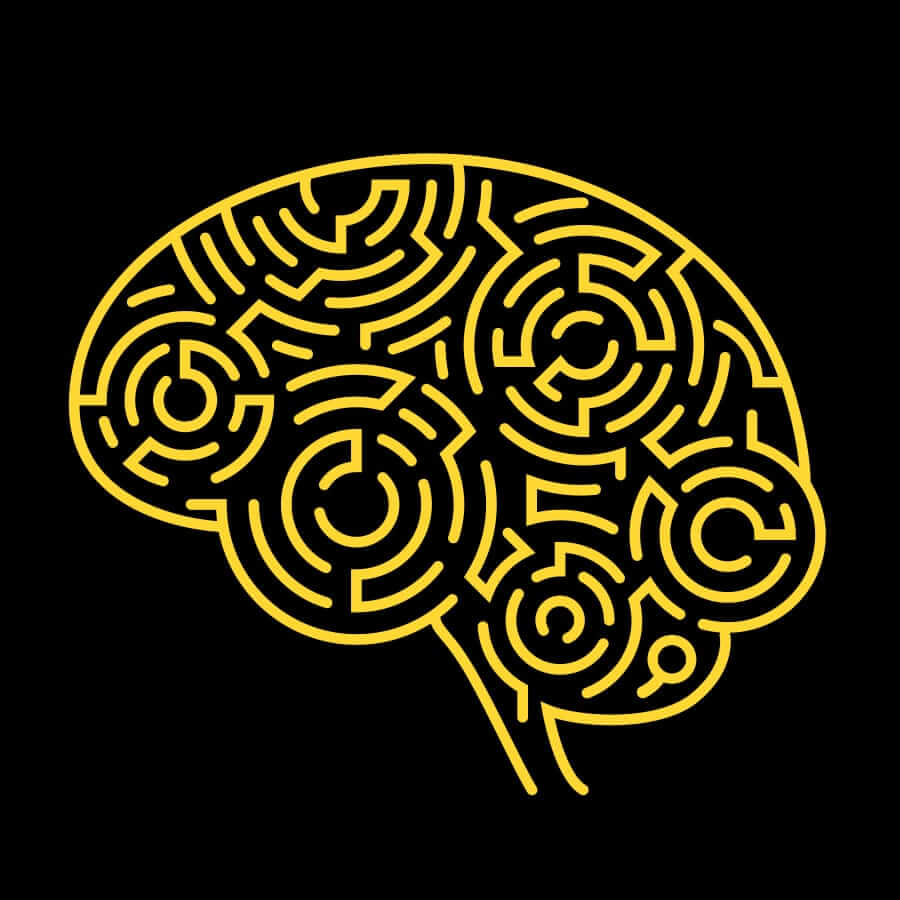Find Some Stillness
You don't have to call it meditation. And you don't even have to do it regularly to see all the benefits. But sitting in stillness has been proven to increase blood flow to the brain. Aim for quiet contemplation, bringing awareness to your breath. A 2020 study found that doing it for just eight minutes increased the short-term memory of participants (compared to those who listened to an audio book or chose not to do anything).
Get Gaming
Think of games like crosswords, puzzles and Wordle as tools to strengthen your memory muscle. Research proved that four months of regularly doing sudokus can improve your working memory. Similarly stimulating activities like reading or even video games can reduce the risk of cognitive decline as we age.
Start Brain Training
If you want to focus solely on the brain, there are gamified apps now—CogniFit, Lumosity and Elevate—that are specifically designed to train your brain on certain mental skills. The research is still a little mixed on whether these actually help your short-term memory, but several have been found to improve working memory, processing speed and executive function—all of which is used when multitasking, focusing and planning.
Eat More Fish
Call it brain food. We've all heard about the myriad of benefits from omega-rich superfoods. But it's especially true for memory. Oily fish such as salmon, trout, sardines, anchovies and mackerel are good for your brain. Several studies have linked the fish to a reduced risk of age-related mental decline.
Learn a Language
You don't have to master a second (or third) language to reap serious benefits from the practice. Simply learning a few new words and phrases will boost your ability to retain new information. Not only will it make travel easier and impress dates, but studies show that it's an excellent way to strengthen what neurologists call our “cognitive reserve”, which is the brain's capacity to compensate for the loss of its natural functions—especially as we age. Don't have an ear for foreign languages? You can get similar benefits from simply expanding your vocabulary.


































